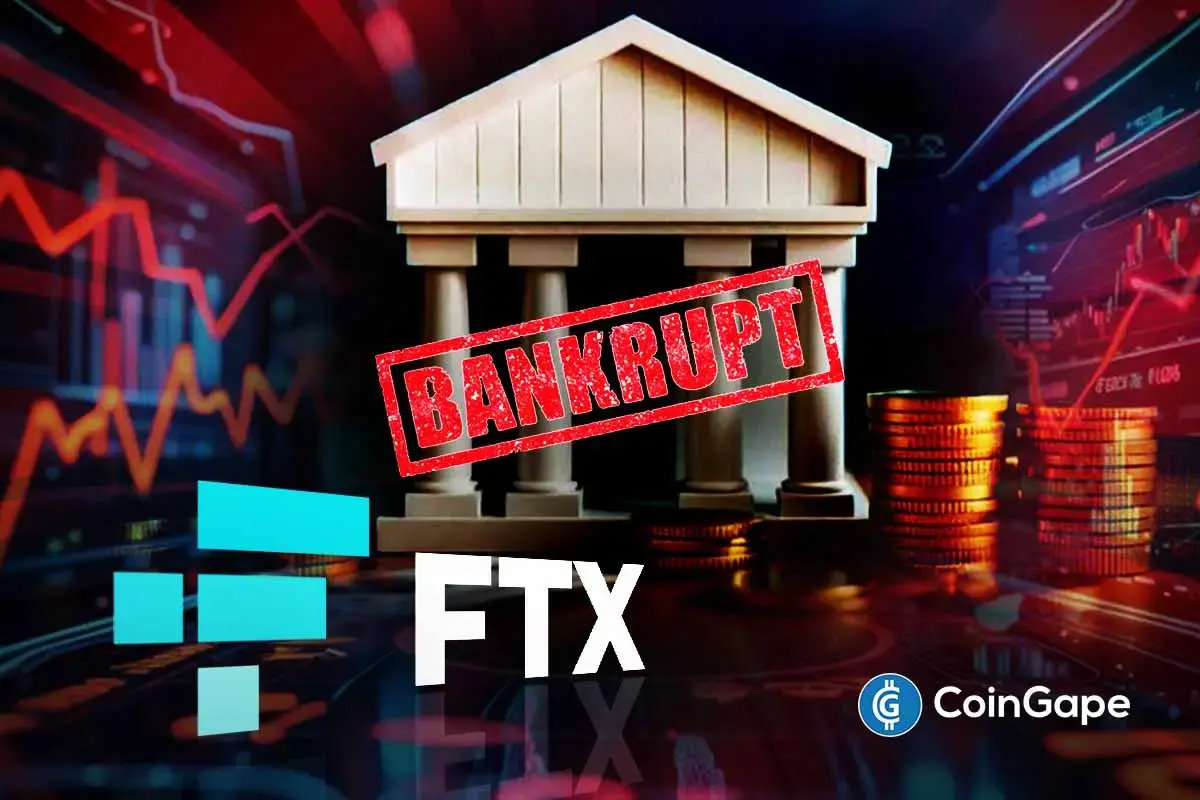FTX Bankruptcy: Court Rules Customer Identities Can Remain Permanently Shielded

In a landmark ruling, a Federal Court has granted the defunct FTX exchange permission to shield its customers’ identities permanently as part of its ongoing bankruptcy proceedings.
Details About the FTX Verdict
As revealed in a report by the Associated Press, the ruling follows a two-day hearing in which media outlets and the United States Bankruptcy Trustee opposed FTX’s plea to keep customer and creditor names hidden. This decision marks a significant development in the intersection of privacy, finance, and cryptocurrency, as it sets a precedent for customer protection in the event of future bankruptcies.
FTX, a once prominent player in the crypto market, filed for bankruptcy after facing financial difficulties last year. As part of its bankruptcy proceedings, the exchange sought to protect the privacy of its customers by keeping their identities confidential. FTX argued that disclosing customer names could expose their personal information and potentially lead to misuse.
At the time, some media outlets contested the notion that potential risks to customers outweigh the public’s right to access bankruptcy filings and information. The outlets also emphasize that foreign laws do not typically prohibit the disclosure of customer identities in bankruptcy court proceedings.
Furthermore, the media outlets argue that the demand for secrecy should not be sufficient justification for redaction. The media outlets claim that if the court accepts such a premise, it will set a precedent of sealing personal information in all circumstances when people want privacy.
However, in the recent ruling, Judge John Dorsey dismissed all arguments and highlighted that customer identities are a trade secret. He also stated that FTX clients must be protected from criminal actors who may target them by searching the internet and the “dark web” for personal information.
FTX Latest Ruling Reveals a Balance Between Transparency and Privacy
Meanwhile, the court’s ruling in favor of FTX raises important questions about the balance between transparency and privacy in the cryptocurrency industry.
While transparency is crucial for establishing trust and accountability, Judge Dorsey argues that individuals have the right to maintain their anonymity in crypto transactions. Overall, this ruling recognizes the significance of safeguarding customer privacy in the evolving landscape of digital finance.
- Crypto Market in Panic Mode Ahead of Bitcoin, ETH, XRP, SOL Options Expiry & US CPI Today
- Digital Assets Are Fixed In The Future Of Traditional Finance
- U.S. CFTC Committee Appoint Ripple, Coinbase, Robinhood CEOs to Boost Crypto Regulation
- What Will Spark the Next Bitcoin Bull Market? Bitwise CIO Names 4 Factors
- U.S. CPI Release: Wall Street Predicts Soft Inflation Reading as Crypto Market Holds Steady
- Solana Price Prediction as $2.6 Trillion Citi Expands Tokenized Products to SOL
- Bitcoin Price Could Fall to $50,000, Standard Chartered Says — Is a Crash Coming?
- Cardano Price Prediction Ahead of Midnight Mainnet Launch
- Pi Network Price Prediction as Mainnet Upgrade Deadline Nears on Feb 15
- XRP Price Outlook Amid XRP Community Day 2026
- Ethereum Price at Risk of a 30% Crash as Futures Open Interest Dive During the Crypto Winter

















